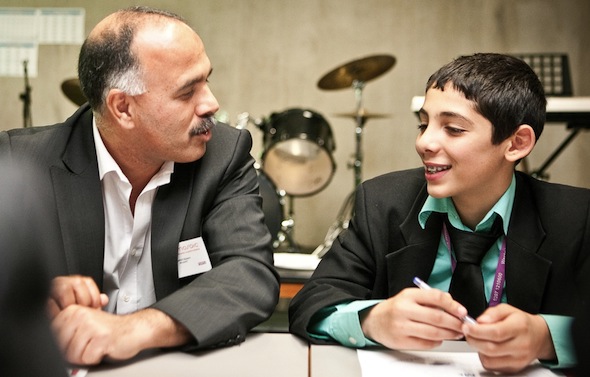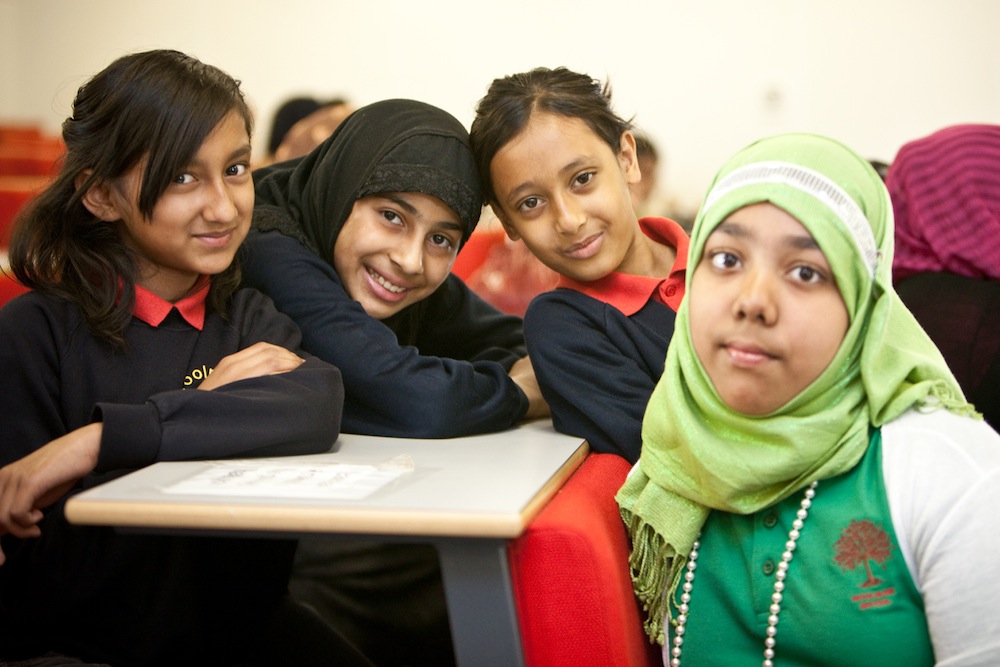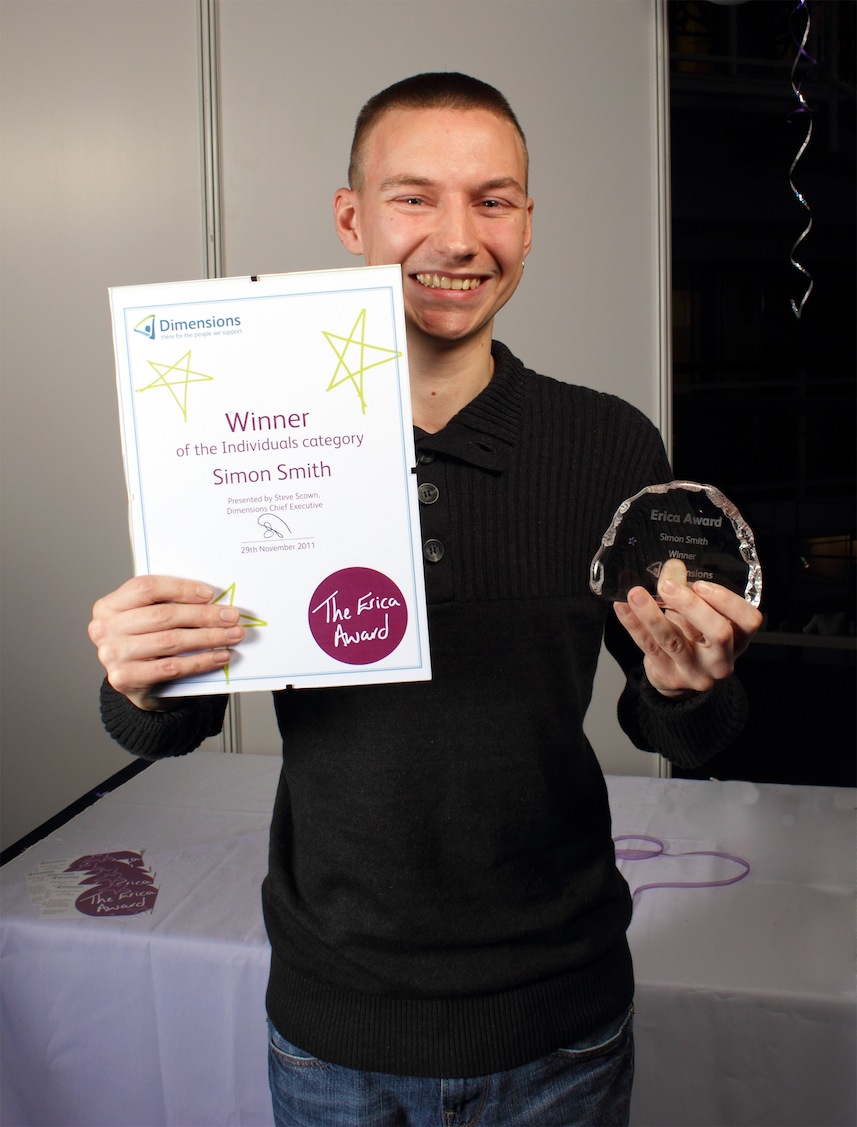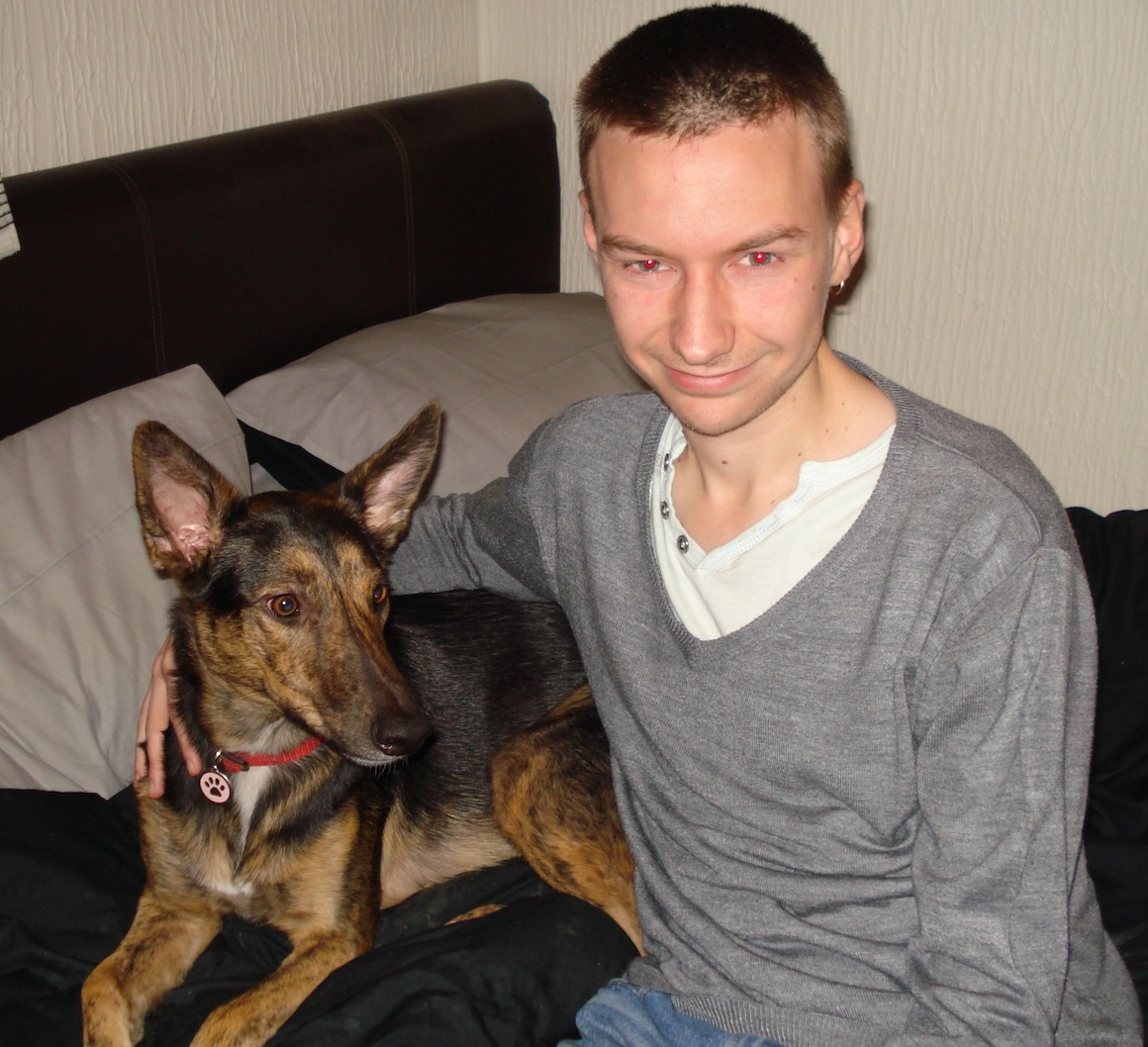A new heritage project aims to dispel misconceptions about learning disability and the lives of people who lived in long-stay institutions. The charity CASBA (Citizen Advocacy South Birmingham Area) spent a year collating stories and archive material relating to Birmingham’s Monyhull Hospital. Myth and rumour about the hospital was rife; it was referred to as the local madhouse and the term ‘Mony’ was used as a playground insult at local schools. In what is Birmingham’s first learning disability heritage project, the free event From Institution to Community, runs on Saturday October 6th.
Guest post by Joe Peacock, heritage project coordinator, CASBA
Roland Clewley was 16 when he was first admitted to Monyhull Hospital, a long-stay institution for people with learning disabilities. It was 1966 and before Monyhull, Roland been in a pupil referral unit in North Wales for 18 months and had grown up in a care home in South Birmingham. He quickly grew to hate being locked up.
Roland spent almost 15 years in institutional care.
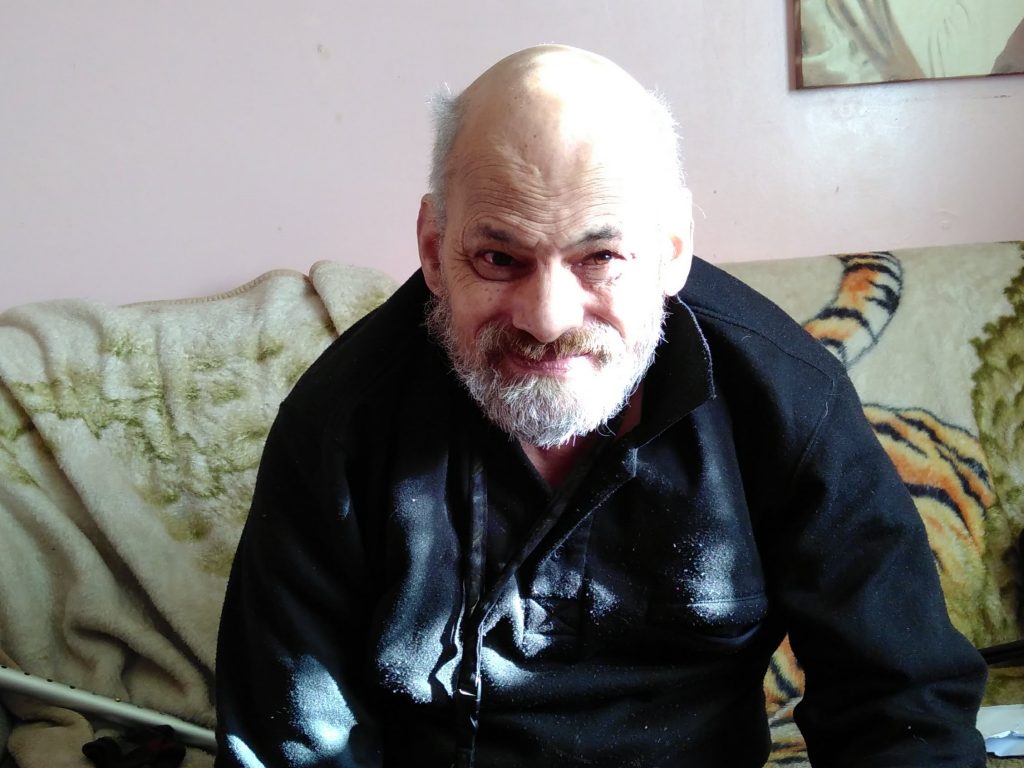
Roland says: “It was okay at first, but I wanted to get out, you see. I wanted my own place – a flat or something. I said that to them, but they said; ‘They’re all the same, just like you’ so I started running away.”
This was not the easiest thing to do, but he remembers: “I got through the window and then went down the pipes and ran off along the canal. It was dark down there and you couldn’t see what you were doing. We didn’t get very far, then we got picked up by the police. They put us in a van and put us in a cell for a few hours until Monyhull picked us up.”
Such attempts weren’t looked upon kindly by the hospital. Contrary to local myths, there was no alarm that went off when someone ran away, but they were punished on their return. “They put me in a side room. It was like a cell. It was a bare room with just sheets and blankets on the floor to sleep on. The first time, I did a week in there, then the next time two and then three weeks at a time.” He was let out to go to the toilet and to eat, but it was a severe punishment for someone who just wanted his freedom.
He was then sent to a stricter institution called Moss Side: “Terrible, that place was” he recalls; “You were locked in all the time. You could go out in the grounds, but there were walls all the way around – it was like a prison. I was there for nearly eleven years.” In fact, Moss Side was a high security psychiatric hospital and later merged with another similar institution to form Ashworth Hospital. Roland is reluctant to disclose much of his experiences there and it is hard to imagine how tough it would have been for him. Roland was then sent back Monyhull, and it must have been quite a relief in comparison.
“It was a bit better second time – it changed a lot. When we used to be on the ward it was a male ward and you’d have male staff, but the next time I was there it was all mixed – you’d got male and female staff working there.”
He also felt more optimistic that he would be allowed out with the increased emphasis on care in the community and deinstitutionalisation in the 1980s: “What else changed is that they were taking the patients out of there. Before, you don’t know how long you’re there for, or anything like that. I thought I was going to be there until I was about 80.”
He began to be given more responsibilities, helping the physiotherapist to get patients to appointments and was even paid for working with the porters; collecting laundry from the wards. Some of the porters befriended him and they would socialise as well as work together.
He was quite a decent sportsman, too, who won a snooker tournament and has a photograph on his wall of him being presented with the trophy to remember it by. There was a table in his ward and he’d play with anyone who was up for it or just practice on his own. He also played table tennis, football and was keen to try any other activities on offer.
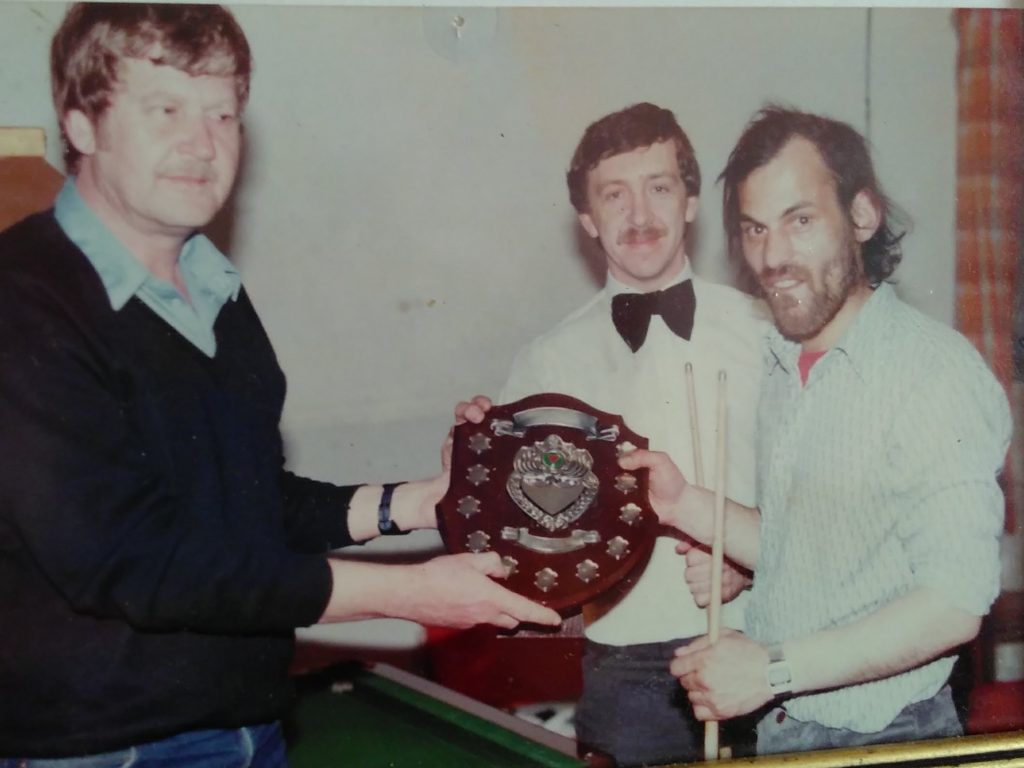
Perhaps, one of the most surprising things he did, due to his close work with the physiotherapist was to go skiing in Italy. “Went for a week. I kept on standing up when I fell over all the time. You want to do it – it’s a laugh.”
Another way in which he’d try to beat the boredom of institutional life was to sneak off to the local pub, the Cartland Arms. More often, though, he remembers that they would smuggle cans of cider in from a nearby shop and sit in bed drinking those after lights out.
In 1980, he was moved out of the hospital into a hostel and then into a flat where he still lives. Ironically, for a man desperate to escape the hospital, his flat overlooks the site of the former institution he was in. Surprisingly, he continued going back to Monyhull to work with the porters them even after he’d moved out and right up until the time it was closed down and demolished. He retained his income, was fed and had a social life.
Now, in his late 60s, Roland seems happy enough with his life, although when I asked when he’d last been on holiday, he replied that it was 25 years ago. With limited mobility, he must be in danger of becoming more and more isolated.
The biggest shame of his life for me, though, is all those wasted years when he was locked away. With the right support and encouragement, he was capable of doing so much more.
• Joe Peacock is heritage project coordinator at learning disability advocacy charity CASBA
• CASBA’s From Institution to Commununity is at Monyhull Church from 1.30pm on Saturday October 6th and you can watch a trailer about the project here

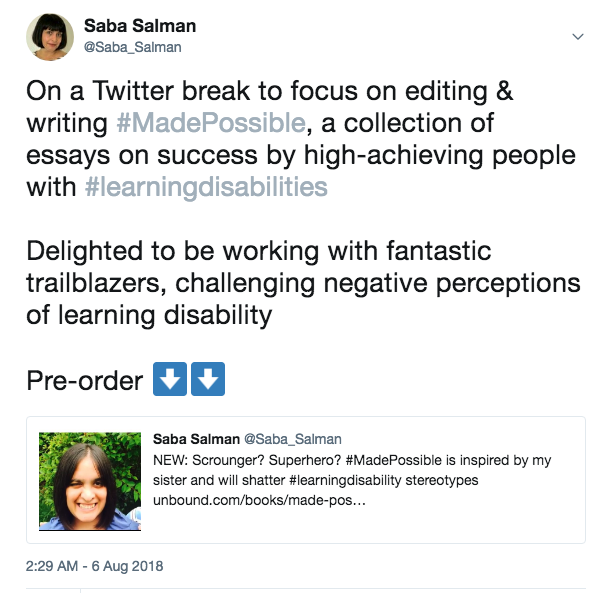
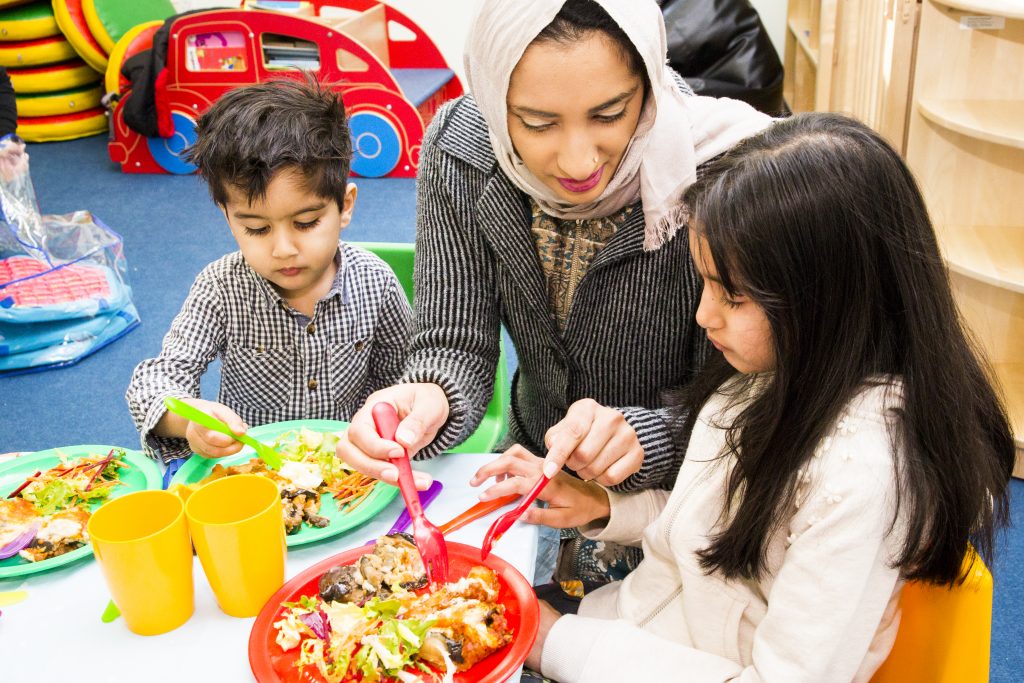
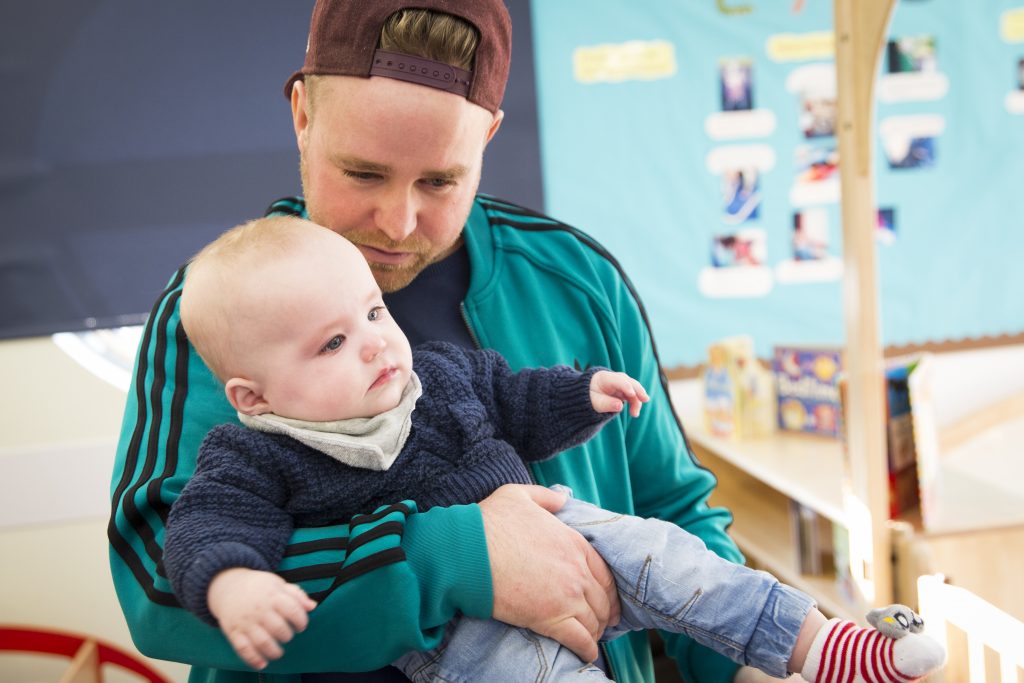



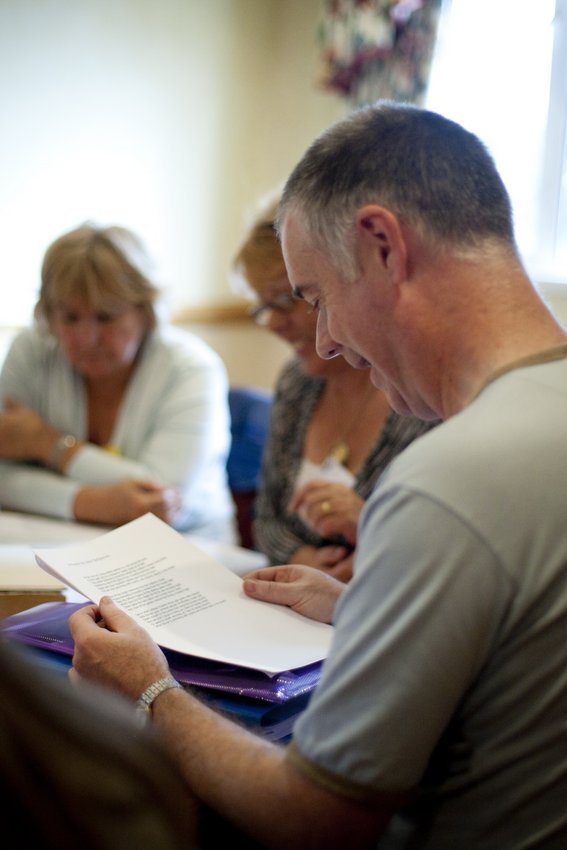
![BUPA care home 1[1]](http://thesocialissue.com/wp-content/uploads/2012/02/BUPA-care-home-112.jpg)

